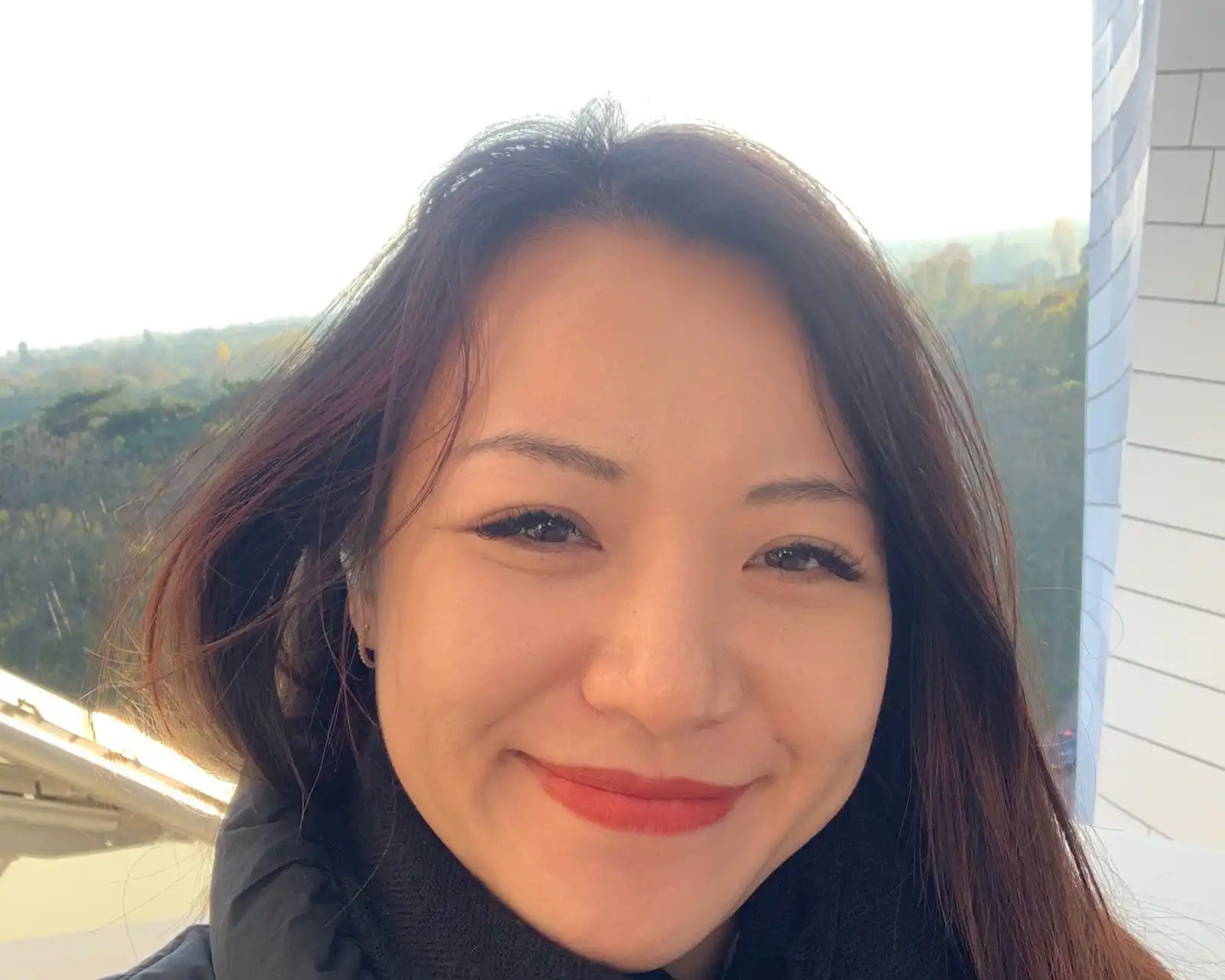Home>Michelle, Gender Equality and Inclusion Practice Specialist at GPE
05.06.2025
Michelle, Gender Equality and Inclusion Practice Specialist at GPE

Michelle DJONG HUI ING has graduated in Human Rights and Humanitarian Action and holds an Advanced Certification in Gender Studies granted by PRESAGE, Sciences Po's Gender Studies Program. She is Singaporean-Indonesian and is currently based in Paris. She is Gender Equality and Inclusion Practice Specialist at Global Partnership for Education (GPE).
What are your main responsibilities?
I provide technical guidance on gender policies, processes, and standards and learning at GPE. My role involves producing analytical publications, keeping up with the plethora of evidence on gender and education and supporting the Gender Equality and Inclusion Practice Lead. I ensure that regional gender and inclusion specialists are well-versed in GPE's positions and priorities on gender and education to provide support on country-level policy dialogue and grant applications.
How did you prepare for this job?
My journey began in the classroom as a secondary school teacher in Singapore, where I worked on integrating gender equality into curriculum development. I later connected with a Sciences Po alumni who was introduced to me by Mariana Losada, Sciences Po's regional representative based in Singapore and had an opportunity to work at Save the Children International based in Indonesia. This was where my career in the international development sector started and I worked in developing an absence-management technology to reduce school dropouts.
What is the most fascinating part of your job?
What I find most rewarding is the opportunity to influence systemic change at the country-level since at GPE we are working through partnerships that are more sustainable in the long-term. Whether it’s through a technical brief, country dialogue or external engagements, I see how contextualized evidence-based gender strategies can shape more inclusive education systems. Collaborating with diverse teams across regions and disciplines keeps the work dynamic and deeply meaningful.
How did your PSIA experience contribute to the position you hold today?
My master’s degree in Human Rights and Humanitarian Action from Sciences Po, along with an Advanced Certification in Gender Studies from PRESAGE, provided a strong theoretical foundation. At Sciences Po, I was immersed in lessons by diplomacy and development practitioners and I saw my specialization in gender and education begin to take root with courses such as Feminist Foreign Policy (taught by Delphine O) and the Economic, Social and Cultural Rights in Practice: the Right to Education, Public Services, and Climate Change, from Local to Global Actions (taught by Sylvain Aubry). These academic experiences have equipped me with both grassroots and policy-level perspectives on gender and education and were complemented by my earlier postgraduate diploma in secondary school teaching from the National Institute of Education in Singapore, which grounded me in curriculum, teacher training and classroom realities. This blend of academic and practical training has been essential in navigating the intersection of gender, education, and policy.
What advice would you give to current students or early-career professionals?
Be open to learning (and growing) from every context—whether it’s a classroom, a community, or a webinar. Do not be afraid of failure because there lies the most important life lessons (I can fill up two pages with failures that I've experienced!).
Seek out interdisciplinary experiences and don’t confine your specialization to one domain - rather try to see how it applies in different industries. In this current environment, being pragmatic and resilient is truly the way to be. Working in development is a long-term commitment, and every step—big or small—matters.
Information Sessions: Masters

Find out more about the Masters programs and the wide choice of specialisations offered by the 8 Schools of Sciences Po during our webinars dedicated to applicants.